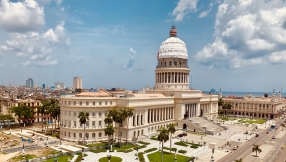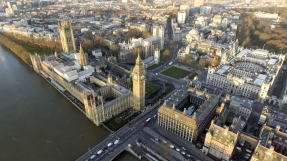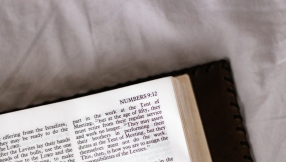
The National September 11 Memorial & Museum's May 21 opening is controversial because of an addition that some of the victims' family members have called "crass" and "insensitive"—a gift shop.
The Memorial & Museum were erected to honor the memories of the 3,000 people killed in the 1993 and 2001 terrorist attacks, but the Museum may be met with protests from some of the victims' families when it opens on Wednesday.
The gift shop sells jewelry, cell phone cases, ornaments, keychains, and much more, and many items are emblazoned with an "I Love New York" message, an American flag, or an NYPD or FDNY logo. Some condemned the decision to sell trinkets at the World Trade Center site.
"To me, it's the crassest, most insensitive thing to have a commercial enterprise at the place where my son died," Diane Horning told the New York Post. Horning and her husband, Kurt, lost their 26-year old son, Matthew, in the 2001 World Trade Center attacks.
Other family members said that the gift shop detracts from the reason people should be visiting the memorial.
"I think they lost sight of everything down there," Jim Riches said. He lost his son, Jimmy, an FDNY firefighter, in the 9/11 terrorist attacks.
Another source of criticism is the fact that more than 1,000 World Trade Center victims have not been identified by the medical examiner, and their remains—over 8,000 body parts—are in a repository below the Museum.
Horning's son, Matthew, is one of those yet unidentified persons.
"Here is essentially our tomb of the unknown. To sell baubles I find quite shocking and repugnant," she told the Post.
"I think it's a money-making venture to support inflated salaries, and they're willing to do it over my son's dead body."
9/11 Foundation CEO Joe Daniels makes over $378,000 annually, and ten other Foundation executives make an average of $230,000 each.
Daniels defended the gift shop as a means of recouping the self-funded Memorial and Museum's operating expenses.
"What's most important is whether the stories it tells... helps fulfill our promise to never forget.
"We have to pay for it; we have to make sure this museum is available forever for everyone," he told CNN.













